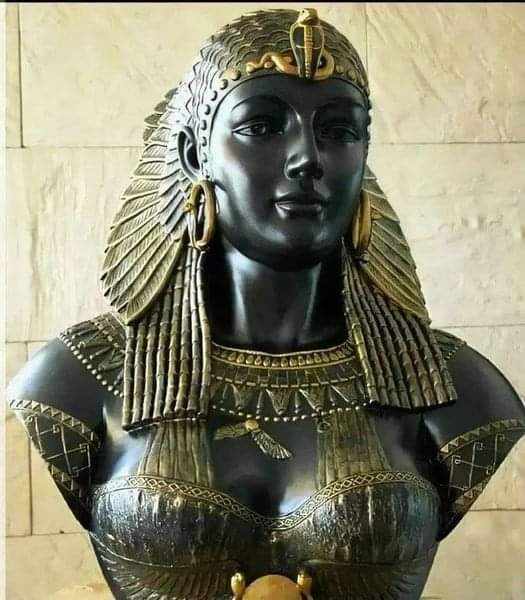
Cleopatra: A Multilingual Scholar and Formidable Ruler of Ancient Egypt
At the age of 17, Cleopatra became the queen of Egypt and ruled until she was 39. A polyglot, Cleopatra spoke nine languages: ancient Egyptian, Parthian, Hebrew, Medean, Troglodyte, Syriac, Ethiopic, and Arabic. Her language proficiency granted her unparalleled access to knowledge, allowing her to read virtually any book in the world.
Cleopatra’s intellectual curiosity spanned numerous fields, including geography, history, astronomy, international diplomacy, mathematics, alchemy, medicine, zoology, and economics. This extensive knowledge made her a formidable scholar and ruler. Despite the destruction of many of her books by fire, her herbal remedies and beauty tips have endured through the ages. Her ability to access numerous papyri, now lost, provided her with a wealth of information that was otherwise unavailable.
Her influence on the sciences and medicine during the early centuries of Christianity is highly regarded, solidifying her as an unparalleled figure in human history.
Cleopatra’s reign was marked by significant successes and challenges. As a diplomat, she formed key alliances and navigated the complex political landscape of her time, notably through her relationships with Julius Caesar and Mark Antony. Her ability to communicate directly with foreign leaders without the need for interpreters gave her a strategic advantage in negotiation and diplomacy.
Under Cleopatra’s leadership, Egypt experienced peace and prosperity, overcoming civil war and economic instability. Her economic policies and commercial programs increased Egypt’s wealth and restored its influence, ensuring the stability and development of her kingdom.
While Cleopatra’s romantic relationships have often been sensationalized, her true legacy lies in her intellectual achievements, political acumen, and cultural influence. Her reign exemplified the power and capability of a strategically minded ruler whose influence extended far beyond her time.


